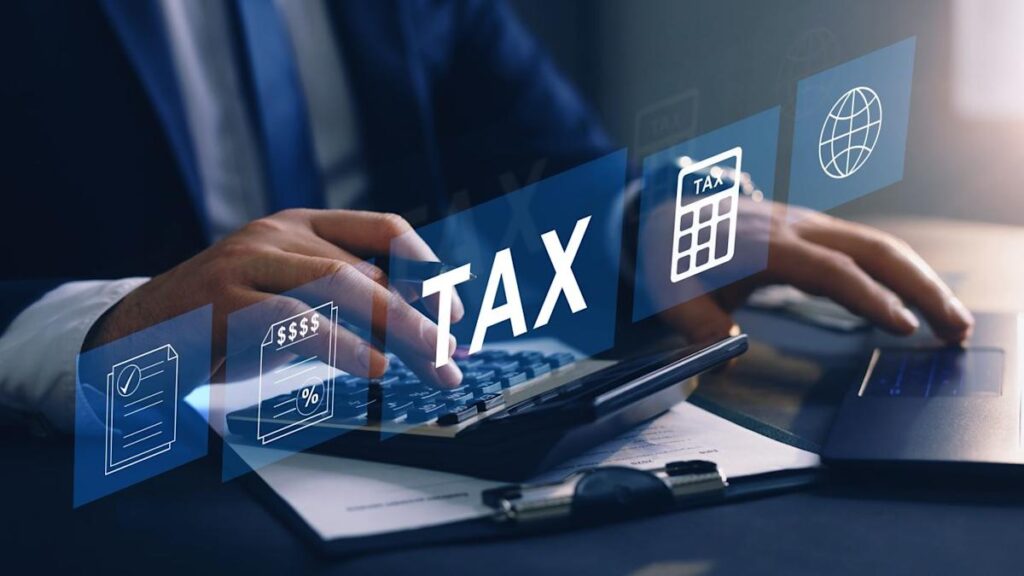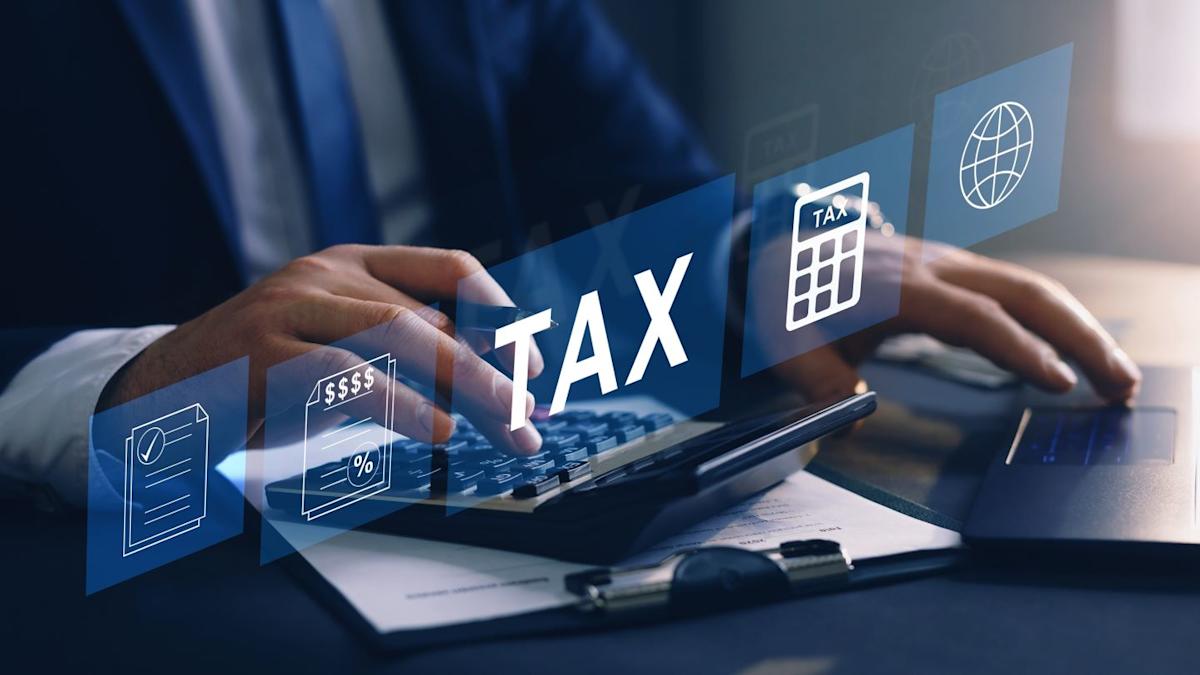AICPA proposes enhancements to US tax forms


The American Institute of CPAs (AICPA) has submitted recommendations to the US Department of the Treasury and the Internal Revenue Service (IRS) for the enhancement of tax forms used by estates and trusts.
These suggestions aim to simplify the filing process and align with the federal mandate for electronic tax transactions.
The forms in question include the Form 1041, Instructions to Form 1041 and Schedules A, B, G, J, and K-1, as well as Form 1041-A.
The AICPA’s proposals are designed to facilitate electronic filing, reduce errors, and protect sensitive information by transitioning from physical mail to electronic delivery.
Its recommendations are in response to Executive Order 14247, which requires all federal tax payments and refunds to be processed electronically by 30 September 2025.
These suggestions also adhere to the AICPA’s Guiding Principles of Good Tax Policy.
Forms 1041 and 706 currently lack fields for direct deposit information, leading to issues such as refund amount limits and bank account name mismatches that prevent electronic refunds.
Additionally, the AICPA proposes permitting electronic transmission of Schedules K-1 to beneficiaries, which is currently not allowed, despite many corporate fiduciaries having developed electronic delivery systems.
The AICPA also suggests updates to Form 1041 to better handle electronic filing, foreign tax credits, and passive foreign investment companies. The current structure of the form is not conducive to modern tax complexities, particularly in international contexts, resulting in processing delays and e-filing difficulties.
Furthermore, it recommends a filing exception for Form 1041-A for trusts with charitable deductions solely from partnership contributions.
It also advocates for the consideration of a draft Form 1041-NR for foreign estates and trusts, to provide clear guidance for foreign nongrantor trusts earning US source income.
AICPA Tax Policy and Advocacy Director Eileen Sherr said: “These outdated forms and paper filing should be revised as we suggested, particularly as they pertain to the filing of complex tax issues like foreign investments and charitable deductions.
“These recommendations will simplify filing for taxpayers and practitioners and will help reduce the administrative burden on the IRS while also improving processing efficiency.”
In June 2025, the AICPA submitted additional recommendations, including automatic exceptions for taxpayers who may not comply with the Executive Order 14247, a delay in implementation until electronic payment issues are resolved, and collaboration with stakeholders like the AICPA to develop processes and implement rules.








